After reaching a historic peak, the Vietnamese stock market on July 29 turned sharply lower as profit-taking pressure occurred widely, especially in the afternoon session. The VN-Index at one point lost up to 66 points, falling to 1,490 points, the lowest level in nearly a week and recording the sharpest decline since March.
Very strong profit taking
At the end of the session, VN-Index decreased by 64.01 points, equivalent to 4.11%, closing at 1,490 points. The HoSE's board had 310 stocks decreasing in price, of which nearly 70 stocks decreased by the full range. The entire VN30 group, representing large-cap stocks, no stocks remained green. Notably, 4 bluechip stocks including SSI, TPB, MSN, HDB all closed at the floor price.
The positive point is that the cash flow into the market reached a new record. The total transaction value on the three exchanges reached VND75,770 billion, far exceeding the old record of VND49,600 billion set in the previous session. HoSE alone recorded 19 codes with a matched value of over VND1,000 billion, an unprecedented event in history.
For foreign investors, after many sessions of strong net buying, this group switched to net selling of nearly 882 billion VND, in which the stocks with the strongest net selling were mostly in the banking industry.
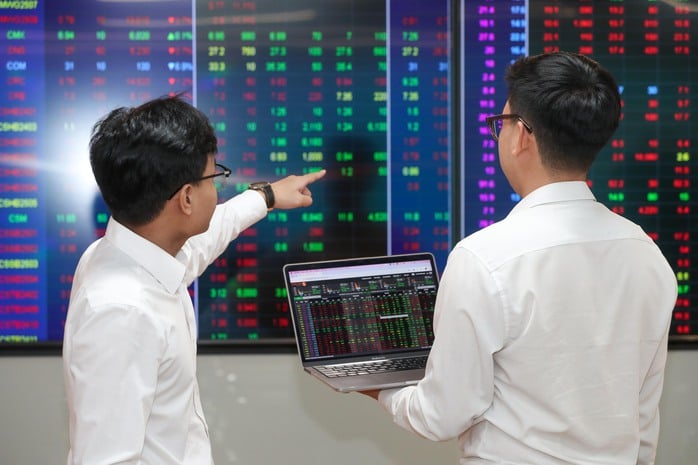
Experts all see the market's growth in recent times as sustainable and that adjustment is inevitable after a period of strong growth. Photo: HOANG TRIEU
The sudden reversal of the market left many investors unable to react. Mr. Nhat Thinh, an investor in Ho Chi Minh City, shared: "In the morning, I planned to sell some stocks to take profit, but my account had an error and I couldn't access it. In the afternoon, I saw the index recovering slightly so I kept it. At the end of the session, my entire portfolio, from stocks to real estate and public investment, hit the floor."
Many others chose to rotate their portfolios during the session, taking profits from securities stocks to switch to real estate and retail stocks. However, the deep decline and rapid reversal caused most of them to still suffer heavy losses during the day.
Notably, in the session of July 29, when the market began to enter the sharpest decline, some electronic price boards at securities companies such as VNDirect, Mirae Asset, MBS... recorded a "hanging" phenomenon without updating data. This made it impossible for investors to monitor index fluctuations, place orders or manage risks in a timely manner. Even at the end of the session, VNDirect's price board still showed that the VN-Index had only decreased by more than 25 points, with liquidity of about VND 54,800 billion - much lower than the actual figure.
Regarding this record drop, Mr. Truong Hien Phuong, Senior Director of KIS Vietnam Securities Company, said that after a period of strong increase from 1,200 points to over 1,550 points, the VN-Index's correction was inevitable. "This is a normal phenomenon in the market's uptrend cycle. The adjustment helps the stock price level return to a more reasonable level, thereby creating opportunities for outside money to participate again," Mr. Phuong commented.
According to him, profit-taking pressure is understandable when many stocks have brought high profits in a short time. Regarding the record trading value of VND71,700 billion on the HoSE alone, according to Mr. Phuong, this number, although surprising, is not too difficult to explain, because it mostly comes from the internal capital flow rate instead of simply new cash flow. "Investors sell stock A to rotate to B, C or D. The continuous rotation of capital flow between groups of stocks is the factor that helps maintain high liquidity, reflecting the increasingly active participation of investors and the expanding market size," he added.
With this growth rate, Mr. Dao Hong Duong, Director of Industry and Stock Analysis at VPBank Securities, believes that the market is in a period of strong explosion in scale. He expects the market to continue to expand sustainably in the coming years, aiming to reach a capitalization target of 120% of GDP by 2030, equivalent to a CAGR of about 13% in the period 2025 - 2030.
There is still much reason to hope.
According to experts, in the short term, the market may continue to fluctuate, especially when profit-taking pressure increases. However, the medium and long-term outlook remains positive. Supporting factors include expectations of the US Federal Reserve (FED) cutting interest rates and easing international geopolitical tensions. In particular, the possibility of Vietnam's securities being upgraded to a market by FTSE in the September review will help attract additional foreign capital flows of several hundred million to billions of USD, not only supplementing real demand but also having a positive impact on domestic investor sentiment.
Ms. Nguyen Ngoc Anh, General Director of SSI Fund Management Company (SSIAM), said that after working sessions with the Prime Minister and the Ministry of Finance , the FTSE Russell rating organization clearly recognized the positive reforms of the Vietnamese stock market recently.
According to her, one of the points that FTSE Russell highly appreciated was the removal of the regulation requiring investors to have enough money before placing an order to buy securities (a barrier that once slowed down Vietnam in the integration process). At the same time, market liquidity has also surpassed many countries in the region such as Thailand and Singapore, according to the latest report from Morgan Stanley.
However, according to recommendations from FTSE Russell, to take a step forward on the upgrade journey, Vietnam needs to continue focusing on three important reform pillars: simplifying account opening procedures for foreign investors, implementing a central clearing counterparty (CCP) mechanism, and relaxing foreign ownership limits.
SSIAM estimates that if FTSE officially upgrades Vietnam from a frontier market to an emerging market in the September review, capital flows from index funds could reach about $1 billion. In addition, active funds, a group of investors with more flexible and long-term appetites, could also allocate about $4 billion more. "International institutional investors, including our clients, have expressed their expectation that Vietnam will be announced for an upgrade by FTSE Russell in the upcoming review," Ms. Ngoc Anh shared.
Citing international studies on the process of upgrading from a frontier market to an emerging market, Dr. Nguyen Anh Vu, Head of the Finance Department at the Banking University of Ho Chi Minh City, said that many markets have recorded strong upward trends right before and during the time of upgrading. This reflects expectations of foreign capital inflows and is not temporary. "If investors understand the long-term nature of the upgrade story, they will not panic too much," he said.
Dr. Nguyen Anh Vu also affirmed that the Vietnamese economy is sending out many positive signals. The recent increase of the VN-Index does not reflect a uniform increase but mainly focuses on large-cap stocks (bluechips). Therefore, the market's valuation level, measured by the P/E ratio, is still at a reasonable level, with no signs of overheating. "If upgraded, the market will enter a more sustainable growth trend. Strong cash flow in this context is normal," he said.
Where does the money come from?
Mr. Huynh Anh Tuan, General Director of Vikki Securities Company (VikkibankS), said that the recent boom in market liquidity was completely within forecast. This is the period when the market accumulates cash flow, prepares for the upgrading scenario and attracts foreign capital.
In response to the question "Where does the money come from?", Mr. Tuan said that it could be the recovered cash flow from savings accounts, as well as the waiting cash flow from investors who "sold out" in the previous period. "This is the cash flow from experienced old investors returning, not the ignorant F0 cash flow. Therefore, it is a healthy and well-founded cash flow," he emphasized.
According to Mr. Tuan's observation, some businesses are also taking advantage of idle capital in the context of low interest rates to return to the market, similar to the wave of business participation in the period 2021 - 2022, when securities became the main investment channel during the pandemic.
Source: https://nld.com.vn/chung-khoan-bung-no-gia-tri-giao-dich-196250729205607329.htm



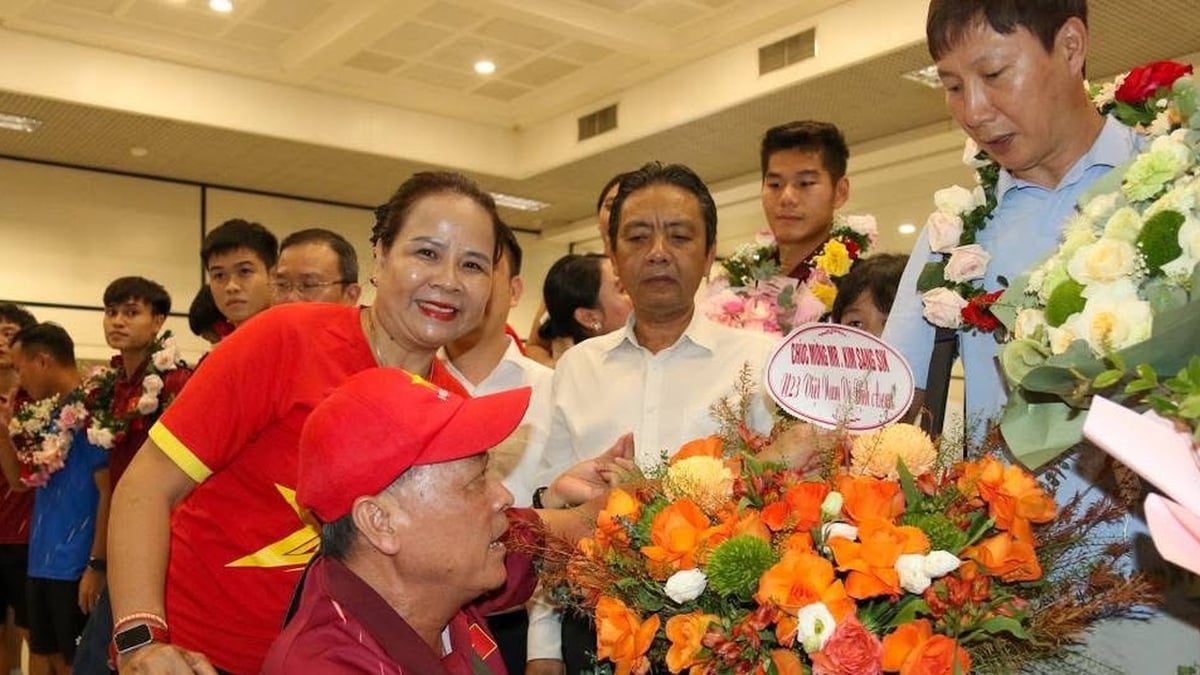
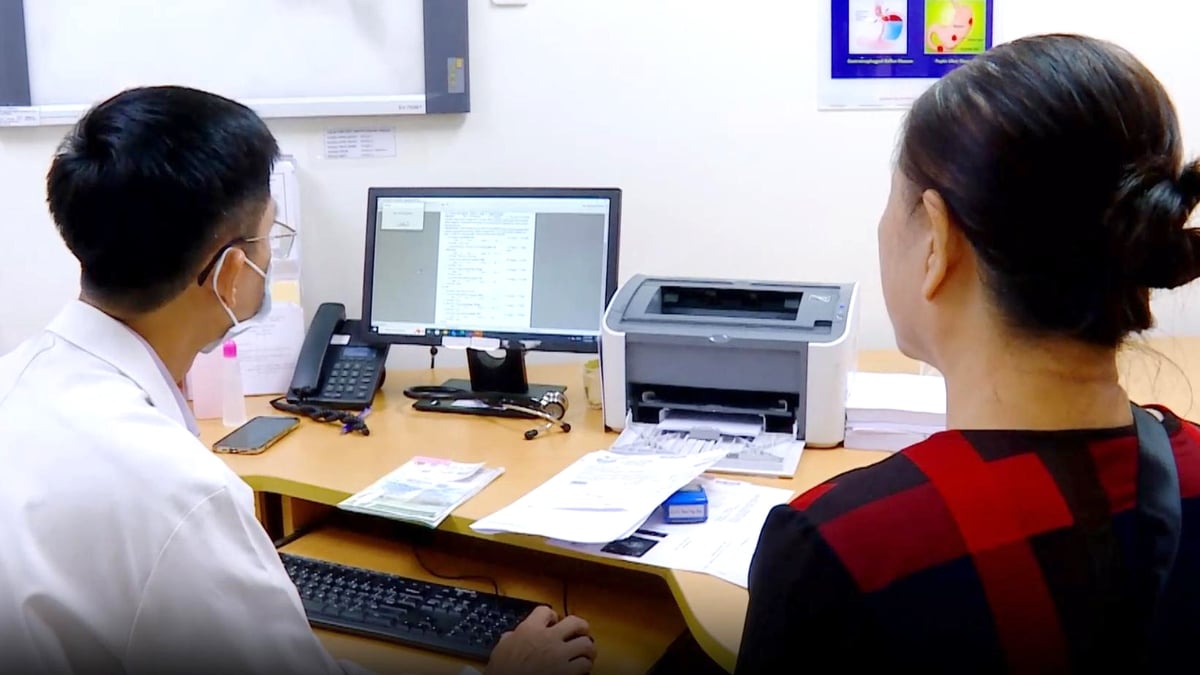
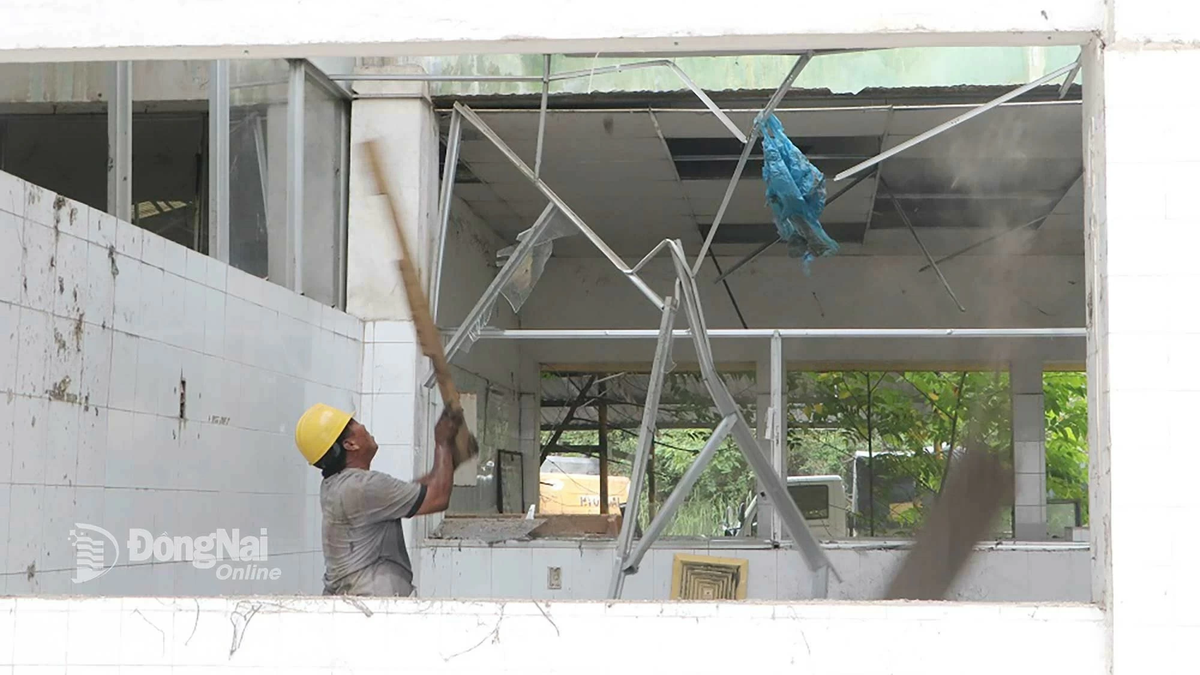
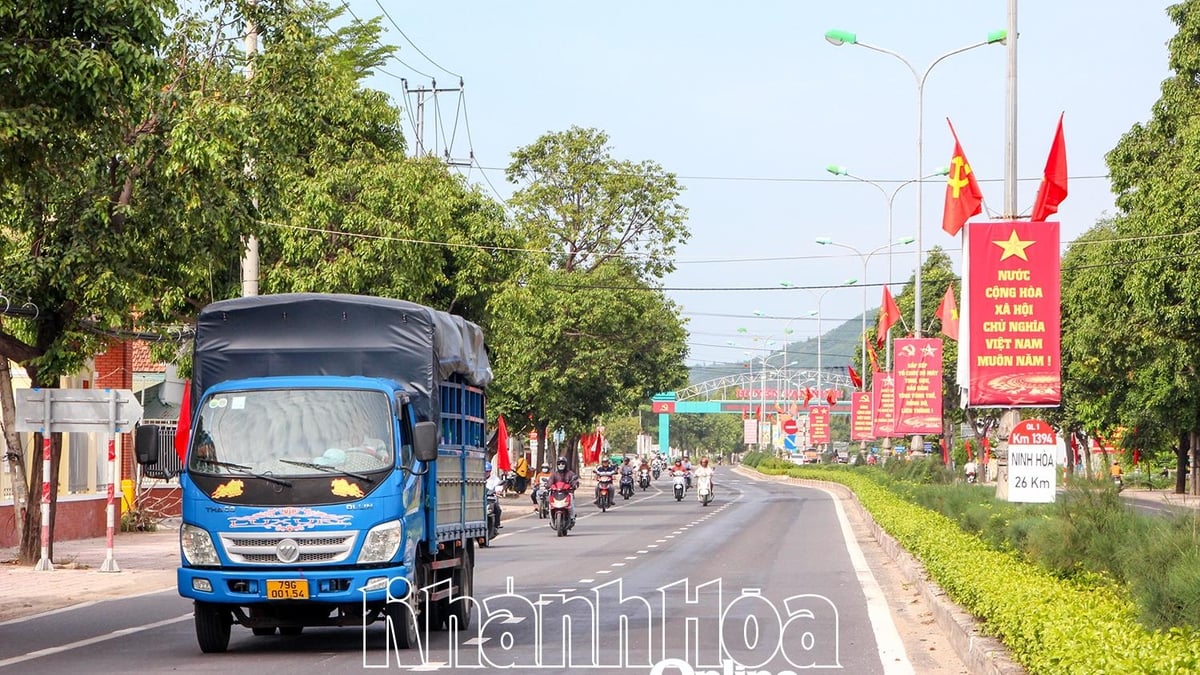

















































![[Maritime News] Container shipping faces overcapacity that will last until 2028](https://vphoto.vietnam.vn/thumb/402x226/vietnam/resource/IMAGE/2025/7/30/6d35cbc6b0f643fd97f8aa2e9bc87aea)











































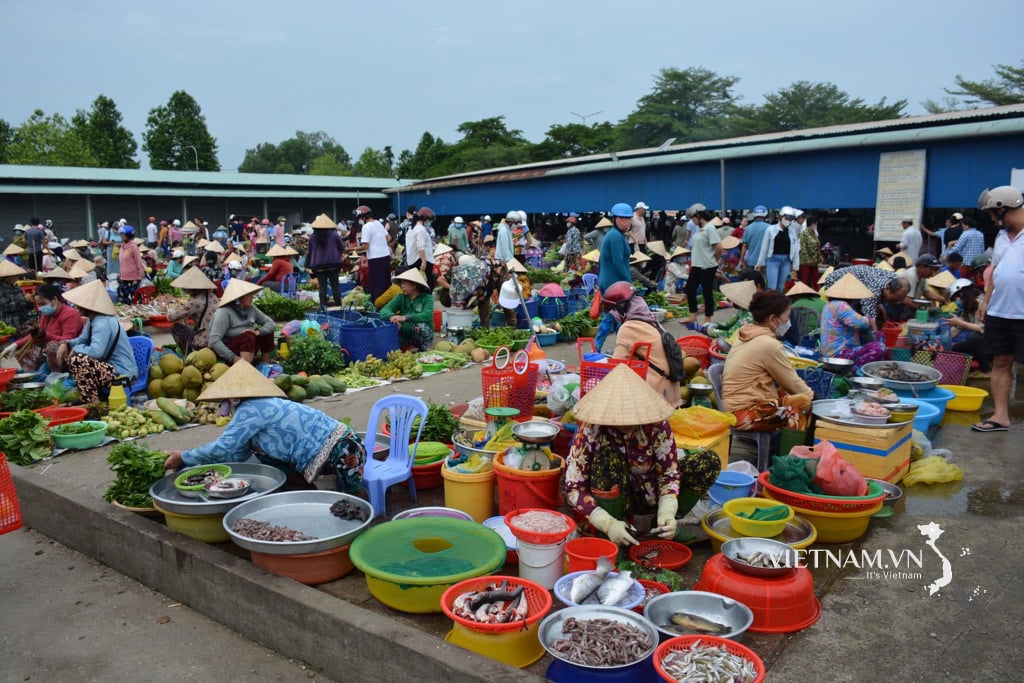

Comment (0)